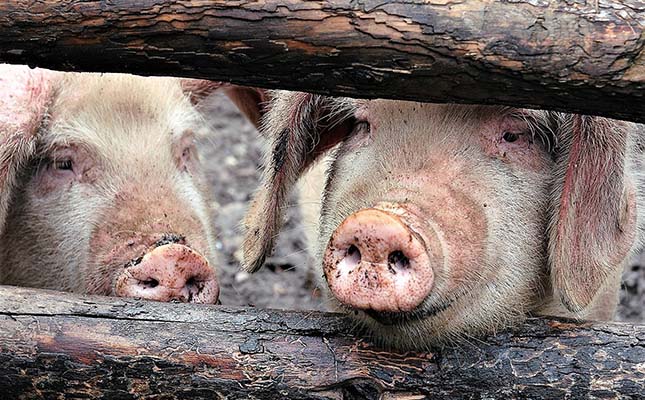
Photo: Pixabay
In a market that produces almost 700 million pigs a year, breeding pigs that have larger litters, reach slaughter weight quicker and require less feed can make a big difference.
Best Genetics Group (BGG) in China is one of about 100 farming operations enrolled in a state-led endeavour to wean that country off imported stock and breed a self-sustaining herd to feed its 1,4 billion people.
The team at BGG was striving to improve the genetics of that country’s pig herd to produce cheaper meat for the world’s top pork consumer, Reuters reported.
Despite having the world’s largest pig herd, China was relying heavily on the importation of breeding material, which had become particularly necessary after the African swine fever virus decimated its pig population and wiped out much of its breeding pool in 2018/19.
“We must insist on our own independent breeding,” BGG’s head breeder, Hao Wenjie, told Reuters at one of the company’s farms about 30km outside the city of Chifeng in the Inner Mongolia region.
“Only then can we provide high-quality seed, or breeding stock, for our market and break this need for everyone to go to foreign varieties,” she added.
The renewed focus on genetics in agriculture, seen as a weak link in China’s food security efforts, followed a call by President Xi Jinping for the country to become self-sufficient in food production.
Due to costly imported feed and high levels of disease, it was costing about two-and-a-half times more to raise a pig in China than in the US.
There had thus been high demand for genetic improvements that would produce cheaper meat, but to date international companies had been better at achieving this.
According to Reuters, rapid genetic progress required rigorous data collection and analysis, and not many managers in China had the experience to design and implement such processes.
Despite challenges, privately owned BGG, founded 10 years ago, was among those making progress.
The company managed to expand its herd to 6 000, with the average number of piglets born per litter at 15 (an increase of one), after buying 1 200 purebred sows from Genesus in Canada 2012.
The aim was now to increase the litter size by another 1,35 in five years, and reduce the backfat on its boars.
Reuters said BGG was collecting hundreds of thousands of sets of data annually on traits including litter size, loin depth, and daily weight gain. It then selected the pigs with the highest values across such traits for breeding, improving performance with each generation.
Genomic selection is helping speed up the process. For example, based on the DNA from the tissue of a piglet’s ear, BGG could predict how well a pig would perform, boosting the chances of selecting the best breeders.
The offspring of these breeders are then sold to top pig producers including Wens Foodstuff Group, Jiangxi Zhengbang Technology Co and Beijing Dabeinong Technology Group.













